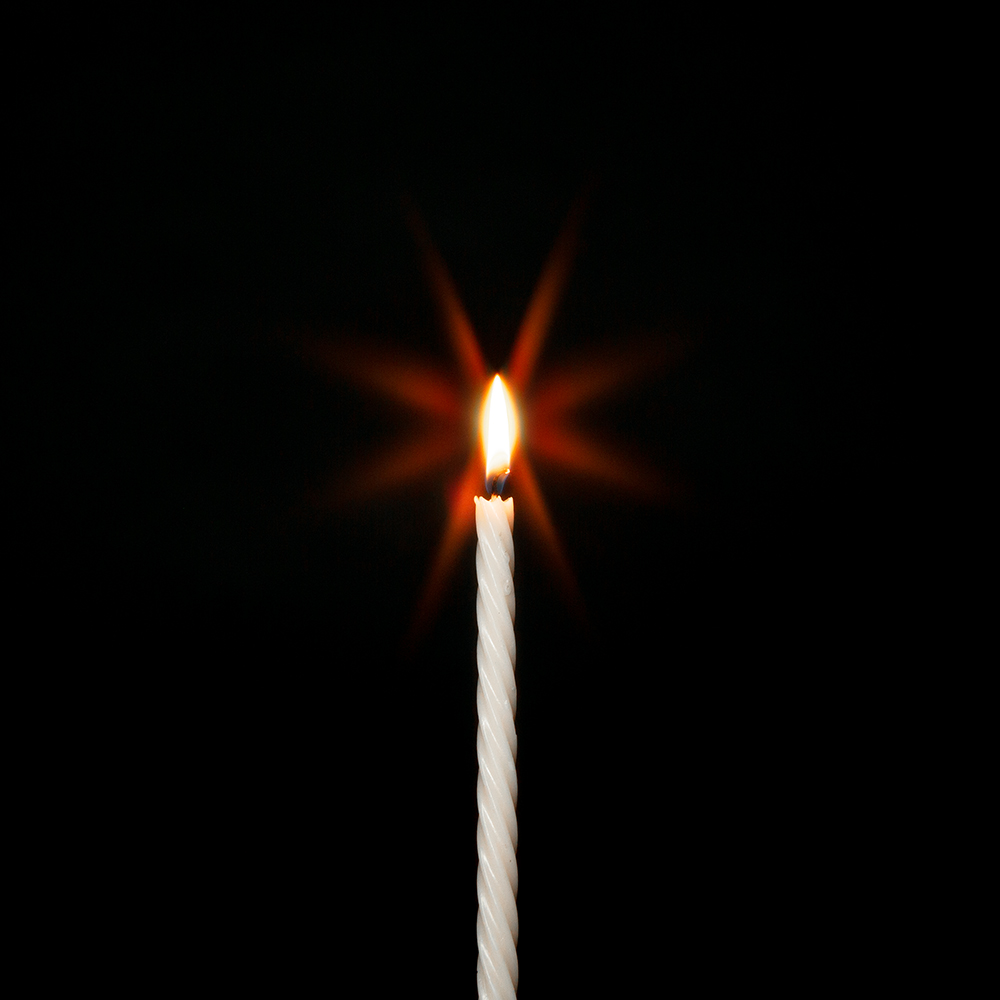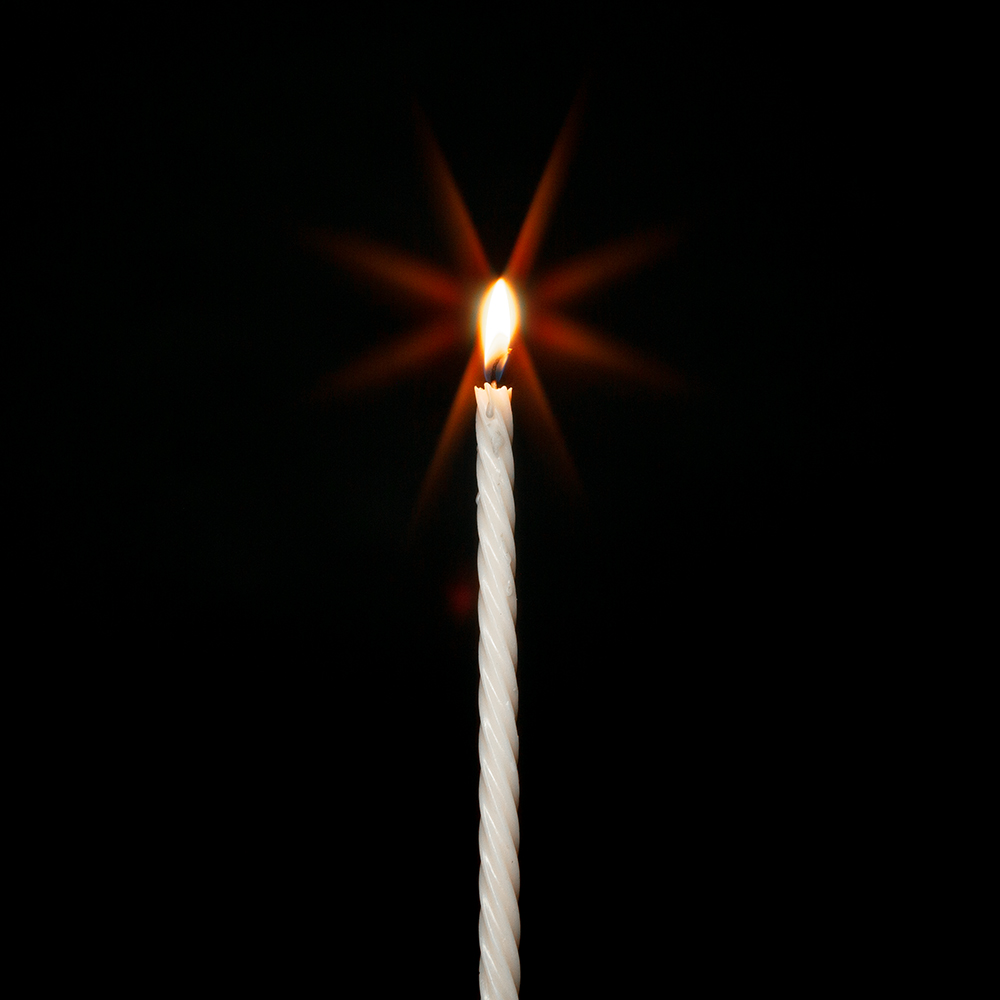Why Mortality Makes Us Free
Published in Nuda:Beyond
Of all the major religions, Buddhism enjoys the greatest respect and popularity among those who seek a model for a “spiritual life.” Even the prominent atheist Sam Harris turns to the meditational exercises of Buddhism in his bestselling book Waking Up: A Guide to Spirituality Without Religion. This popularity is understandable, since Buddhist meditation practices can be employed to great effect for secular ends. In particular, there has been success in adapting various forms of meditation techniques for cognitive therapy as well as for practical forms of compassion training. If you learn Buddhist meditation techniques for such therapeutic purposes—or simply for the sake of having more strength and energy—then you are adapting the techniques for a secular project. You engage in meditational practices as a means for the end of deepening your ability to care for others and improving the quality of your life.
The religious aim of Buddhism, however, is to help sentient beings to achieve “liberation” from all forms of “suffering,” which requires being “released” from life itself. In Buddhist metaphysics, everything that is subject to birth, aging and death is held to be fundamentally “unsatisfactory” (a matter of dukkha), whereas true satisfaction requires being released into “the sorrowless and stainless bliss” of final nirvana, which is an “unconditioned” form of existence beyond all forms of conditioned existence (In the Buddha’s Words, 223).
Such an idea of eternal bliss recurs across religious traditions, but in many strands of Buddhism there is a remarkable honesty regarding the implications of eternal bliss. Rather than promising that your life will continue, or that you will see your loved ones again, final nirvana entails the ultimate “cessation” of all life activities. The aim is not to lead a free life, with the pain and suffering that such a life entails, but to be released from the need to lead a life at all, in favor of the timeless bliss of nirvana. What ultimately matters is not to do anything and not to be anyone; what ultimately matters is to be liberated from life, so that one can rest in peace.

The Buddhist conclusion may seem extreme when stated in this way, but in fact it makes explicit what is implicit in all ideas of eternal bliss. Far from making our lives meaningful, any form of eternal liberation would make it impossible to lead any form of life, since our actions would have no purpose. This problem can be traced even within religious traditions that espouse faith in eternal life. An article in U.S. Catholic asks: “Heaven: Will it be Boring?” (1975). The article answers no, for in heaven souls are called “not to eternal rest but to eternal activity—eternal social concern.” Yet this answer only underlines the problem, since there is nothing to be concerned about in heaven. Concern presupposes that something can go wrong or can be lost; otherwise we would not care. An eternal activity—just as much as an eternal rest—is of concern to no one, since it cannot be stopped and does not have to be maintained by anyone. The problem is not that an eternal activity would be “boring” but that it would not be intelligible as my activity. Any activity of mine (including a boring activity) requires that I sustain it. In an eternal activity, there cannot be a person who is bored—or involved in any other way—since an eternal activity does not depend on being sustained by anyone.
Eternal bliss is therefore not only unattainable but also undesirable, since it would eliminate the care and passion that animates our lives
Eternal bliss is therefore not only unattainable but also undesirable, since it would eliminate the care and passion that animates our lives. What we do and what we love can matter to us only because we understand ourselves as mortal. This self-understanding does not have to be explicit but is implicit in all our practical commitments and priorities. The question of what we ought to do with our lives—a question that is at issue in everything we do—presupposes that we understand our time to be finite. For the question of how we should lead our lives to be intelligible, we have to believe that we will die. If we believed that our lives would last forever, we could never take our lives to be at stake. We would never be seized by the need to do anything with our time. We would not even be able to understand what it means to do something sooner rather than later in our lives, since we would have no sense of a finite lifetime that gives urgency to any project or any activity.
Hence, mortality is the condition of agency and freedom. To be free is not to be sovereign or liberated from all constraints. Rather, we are free because we are able to ask ourselves what we ought to do with our time. All forms of freedom—the freedom to act, the freedom to speak, the freedom to love—are intelligible as freedom only insofar as we are free to engage the question of what we should do with our time. If it were given what we should do, what we should say, and whom we should love—in short: if it were given what we should do with our time—we would not be free.

The ability to ask this question—the question of what we ought to do with our time—is the basic condition for what I call spiritual freedom. To lead a free, spiritual life (rather than a life determined merely by natural instincts), I must be responsible for what I do. This is not to say that I am free from natural and social constraints. I did not choose to be born with the limitations and abilities I happen to have. Moreover, I had no control over who took care of me; what they did to me and for me. My family—and the larger historical context into which I was born—shaped me before I could do anything about it. Likewise, social norms continue to inform who I can take myself to be and what I can do with my life. Without social norms—norms I did not invent and that shape the world in which I find myself—I can have no understanding of who to be or what to do. Nevertheless, I am responsible for upholding, challenging, or transforming these norms. I am not merely causally determined by nature or norms but act in light of norms that I can challenge and transform. This is what it means to lead a spiritual life. Even at the price of my biological survival, my material wellbeing, or my social standing, I can give my life for a principle to which I hold myself or for a cause in which I believe.
Any form of spiritual life must therefore be animated by the anxiety of being mortal
At the heart of my freedom, then, is the ability to ask myself what I should do with my time. Even when I am utterly absorbed in what I do, what I say, and what I love, the question of what I ought to do must be alive in me. Being involved in my activities, I must run the risk of being bored or dissatisfied with what I do—otherwise my engagement would be a matter of compulsive necessity. Being devoted to what I love, I must run the risk of losing it or giving it up—otherwise there would be nothing at stake in maintaining and actively relating to what I love. Most fundamentally, I must live in relation to my irrevocable death—otherwise I would believe that my time is infinite and there would be nothing at stake in dedicating my life to anything.
Any form of spiritual life must therefore be animated by the anxiety of being mortal, even in the most profound fulfillment of our aspirations. Our anxiety before death is not reducible to a psychological condition that can or should be overcome. Rather, anxiety is a condition of intelligibility for leading a free life and being passionately committed. As long as our lives matter to us, we must be animated by the anxiety that our time is finite, since otherwise there would be no urgency in doing anything and being anyone.

Even if your project is to lead your life without psychological anxiety before death—for example, by devoting yourself to Buddhist meditation—that project is intelligible only because you are anxious not to waste your life on being anxious before death. Only in light of the apprehension that we will die—that our lifetime is indefinite but finite—can we ask ourselves what we ought to do with our lives and put ourselves at stake in our activities. This is why all religious visions of eternity ultimately are visions of unfreedom. In the consummation of eternity, there would be no question of what we should do with our lives. We would be absorbed in bliss forever and thereby deprived of any possible agency. Rather than having a free relation to what we do and what we love, we would be compelled by necessity to enjoy it.
In contrast, we should recognize that we must be vulnerable—we must be marked by the suffering of pain, the mourning of loss, the anxiety before death—in order to lead our lives and care about one another. We can thereby acknowledge that our life together is our ultimate purpose. We are not lacking eternal bliss but rather social and institutional forms that would enable us to lead flourishing lives.
We can thereby acknowledge that our life together is our ultimate purpose
For the same reason, the overcoming of religion must be accompanied by an overcoming of the existing forms of our life together. If we merely criticize religious notions of salvation—without seeking to overcome the forms of social injustice to which religions respond—our critique is empty and patronizing. The task is to transform our social conditions in such a way that we can let go of the promise of salvation and recognize in practice that everything depends on what we do with our finite time together. The heart of spiritual life is not the empty tranquility of eternal peace, but the mutual recognition of our fragility and our freedom.
﹡
Martin Hägglund is a Swedish philosopher, literary theorist, and scholar of modernist literature. He is currently professor of Comparative Literature and Humanities at Yale University. In 2019, he published the critically acclaimed book This Life: Secular Faith and Spiritual Freedom arguing that in contrast to the pursuit of eternity through religious faith, there is a need for a secular belief that commits to our finite lives being lived here and now. Hägglund claims that what is important is how we spend our time together and the way that we treat each other. Moreover, he argues that we cannot speak of spirituality without taking into account the economic and material conditions that it is intertwined with.

